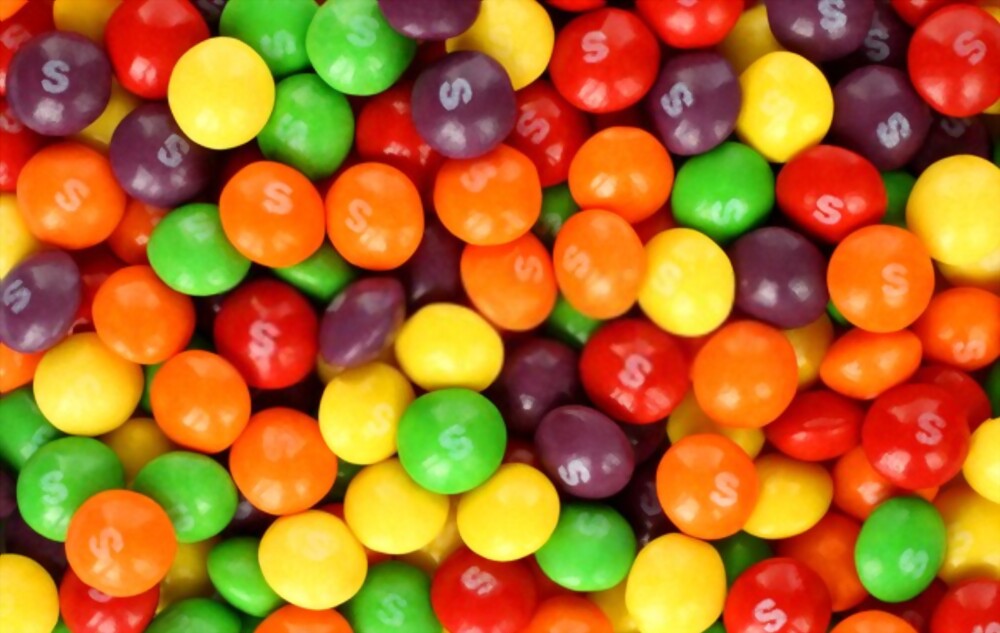Skittles are an iconic candy manufactured by Mars Wrigley. They are colorful, tasty–and potentially toxic. Skittles contain an additive called titanium dioxide, a color additive that California man Jenile Thames claims is toxic. His proposed class action lawsuit alleges that Mars failed to properly warn consumers of the dangers of ingesting the additive.
How Is a Nanoparticle Such a Big Deal?
Titanium dioxide is a nanoparticle commonly used as an additive to whiten certain foods, and can be found in products from sunscreen to toothpaste. A nanoparticle is an ultra-small article of matter that may be organic, or as in this case, an inorganic, manufactured particle. The problem is that certain inorganic nanoparticles can accumulate in the body when ingested. According to NPR, the EU declared titanium dioxide “unsafe” as a food additive in 2021 because of the lack of available data to rule out “genotoxicity,” or damage to DNA, caused by accumulation of the particle in the gastrointestinal tract. This, in turn, could lead to cancer or other health problems, NPR reported. However, it is not clear that titanium dioxide is carcinogenic. Currently, a number of issue organizations are petitioning the U.S. Food and Drug Administration to review the safety of titanium dioxide. But even without such a review, Thames, and perhaps others, may be pursuing legal actions.
How Could You Calculate Damages on a Classwide Basis?
In the absence of clear science, the ongoing Skittles case could use consumer surveys as evidence in a number of ways. One would be to use survey evidence to calculate restitution–damages–in the event that a court agrees that Mars Wrigley should have warned consumers about the dangers of titanium dioxide. To do this, either side might conduct a conjoint survey, which is a type of litigation survey that is frequently accepted in class action matters. A conjoint survey would measure consumer preference for candies with or without titanium dioxide; when conducted properly, this type of survey can measure how much consumers are willing to pay for Skittles without additives. Another type of potentially useful survey evidence could be a materiality survey, which would measure how important the colors of Skittles are to consumers’ decisions to buy them. After all, the Skittles slogan is “taste the rainbow,” and their colors rarely appear in a food without additives–so consumers might choose to eat them anyway.
It remains to be seen whether victory is sweet in the Skittles case. But if you’re interested in a consumer survey to provide evidence in your own class-action lawsuit, MMR Strategy Group can help. Contact us today to discuss your case and your options.
